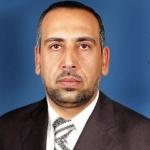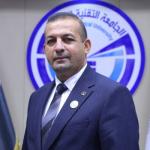
The UNESCO-UNEVOC International Centre: Who We Are | What We Do | Working With Us | Get in Touch
The UNEVOC Network: Learn About the Network | UNEVOC Network Directory
For Members: UNEVOC Centre Dashboard
Thematic Areas: Inclusion and Youth | Digital Transformation | Private Sector Engagement | SDGs and Greening TVET
Our Key Programmes & Projects: BILT: Bridging Innovation and Learning in TVET | Building TVET resilience | TVET Leadership Programme | WYSD: World Youth Skills Day
Past Activities: COVID-19 response | i-hubs project | TVET Global Forums | Virtual Conferences | YEM Knowledge Portal
Our Services & Resources: Publications | TVET Forum | TVET Country Profiles | TVETipedia Glossary | Innovative and Promising Practices | Toolkits for TVET Providers | Entrepreneurial Learning Guide
Events: Major TVET Events | UNEVOC Network News
The FTE is one of the country´s Higher Education Institutions for Technical Education. It runs a total of 30 institutes. The study duration is composed of 2 full years of secondary education aiming at educating technicians in technology, medicine, agriculture, administration and applied art specialisations. 4 technical colleges offer a Bs. tech. and some post-secondary schools prepare engineers for the electronic, mechanical and chemical industries and advanced professional technicians in health services. The FTE is a formal education institution which has its own personality and an independent entity like any other Iraqi university.
The FTE also offers regular training programmes for its graduate students, its teaching and technical staff and society sectors. It also arranges special training programmes, both short and long-terms, according to the demands of other institutions inside and outside the country.

